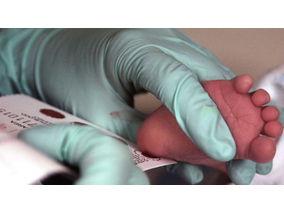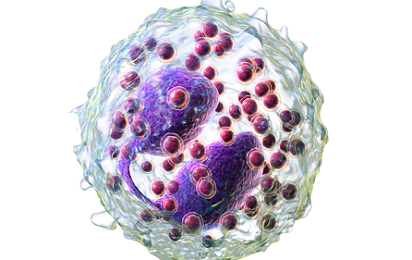Antoni Plasència, ISGlobal director, and Jose Muñoz, researcher at ISGlobal and head of the Tropical Medicine and International Health Service at the Hosptal Clínic, went to the headquarters of the Spanish Olympic Committee (COE) in Madrid on June 6 in order to advise leaders and representatives of the sports federations on the risks related to the Zika virus and the Olympic Games in Brazil. The debriefing session was chaired by the COE president Alejandro Blanco, together with Óscar Graefenhain, General Sports Director of CSD, and Charo Ureña and Elena Herrero, medical doctors of the COE.
The ISGlobal experts reaffirmed that, although there is no such thing as zero risk, the individual health risk is very low if the WHO and IOC recommendations are followed. “Except for pregnant women, it is a very mild disease that lasts for 5 to 7 days” explained Dr. Muñoz. Concerning the risk of spreading the virus to other countries, Dr. Plasència pointed out that “we are in a global world and the diseases know no borders". In this regard, he mentioned that, according to WHO, the Olympic Games represent a small fraction of the travel to and from Brazil and other affected countries and therefore are not expected to accelerate the spread of the virus.
Alejandro Blanco concluded that “we must take action, but there is no reason to worry” and that the final decision of whether to participate or not in the Games depends on each athlete and will be respected. Obviously, added Herrero, if an athlete thinks she is pregnant she should not go.
At the end of the meeting, the ISGlobal experts distributed a factsheet on what to do before, during and after the trip to avoid getting Zika and other mosquito-borne diseases.

The research team observed changes in head circumf...

AtCDF3 gene induced greater production of sugars a...

Un estudio con datos de los últimos 35 años, ind...

En nuestro post hablamos sobre este interesante tipo de célula del...

A study published in Pediatric Neurology provides a better understandi...
Biotechnology portal in Spain
Subscribe to our newsletter and stay up to date with the latest news and deals!
2013 © Biotech-Spain.com - Site Developments SL. All Rights Reserved. Terms of Service | Privacy Policy
Articles
Directory
